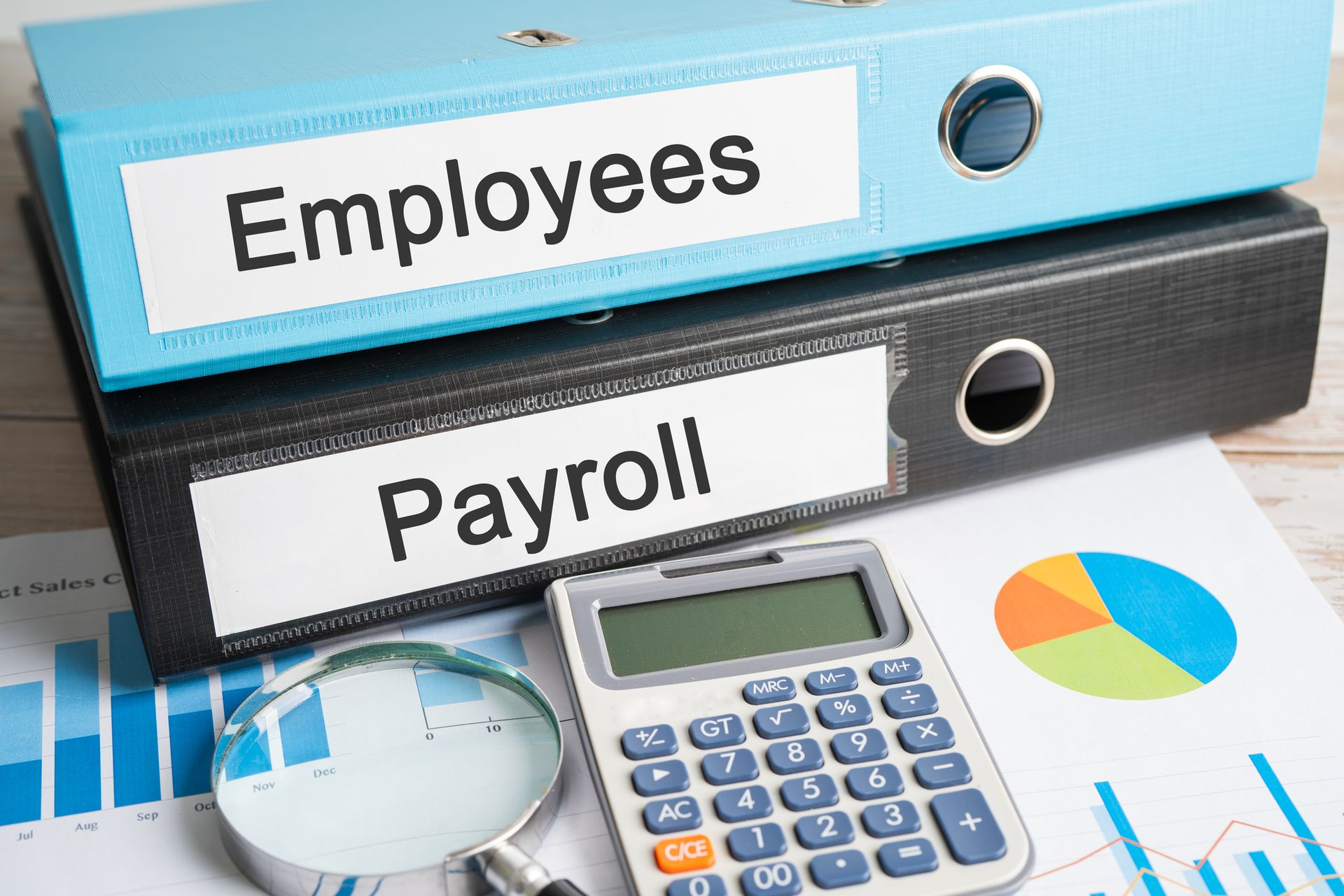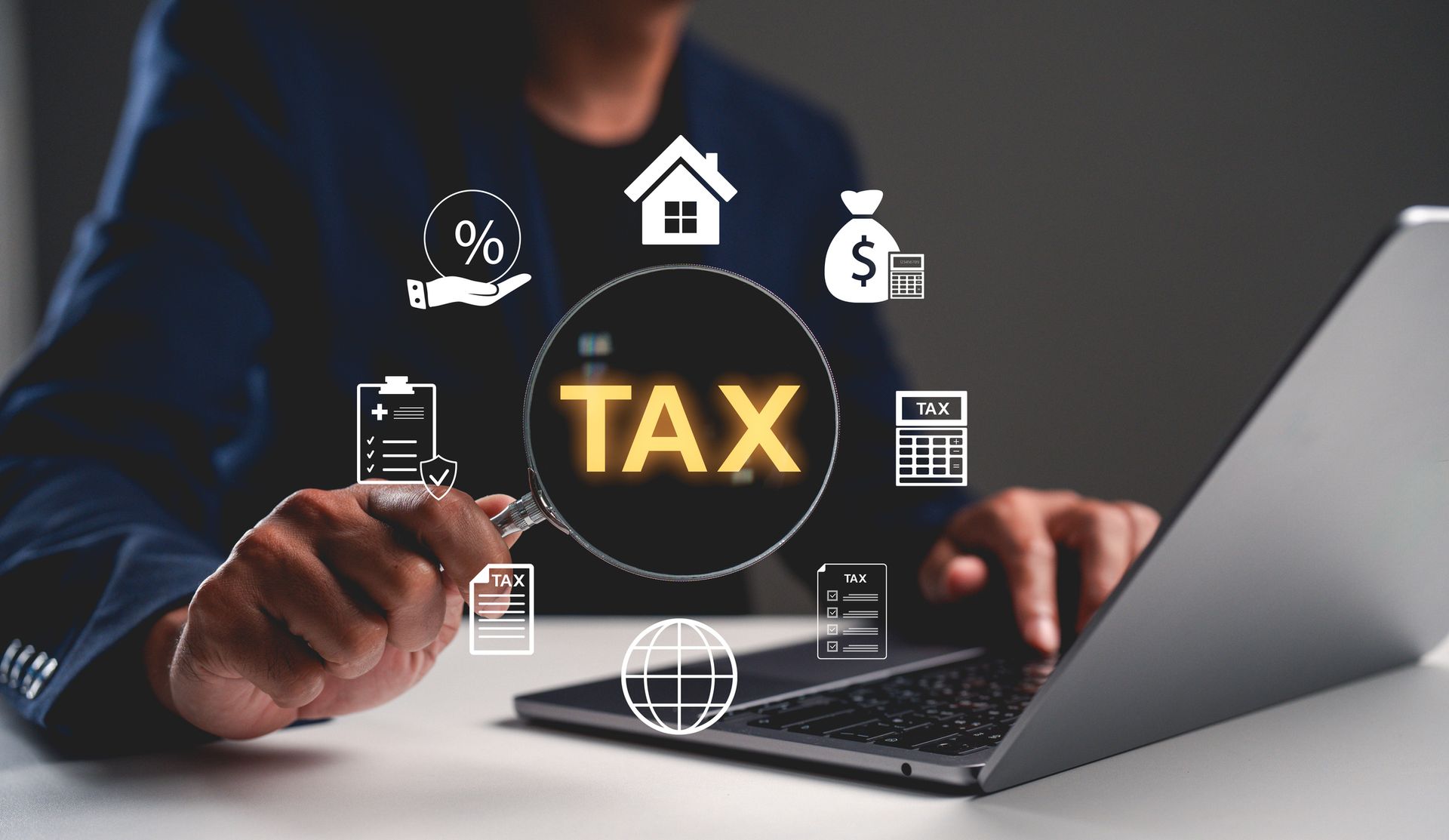Navigating Tax Deductions for Contractor Businesses: A Comprehensive Guide
Tax Deductions for Contractor Businesses: A Comprehensive Guide
Introduction
Navigating the maze of tax deductions can be a daunting task, especially for contractors running their own businesses. Understanding what deductions are available and how to effectively claim them is essential for maximizing profitability and ensuring compliance with tax laws. This comprehensive guide aims to simplify the complexities of tax deductions for contractor businesses, ensuring that you are well-informed and prepared during tax season.
Understanding Tax Deductions: The Basics
Equipment and Supplies: Purchases essential for your business operation, like tools, machinery, and office supplies, are deductible. Keep receipts and records for all purchases.
Vehicle Expenses: If you use a vehicle for your business, you can deduct expenses such as gas, maintenance, and depreciation. There are two methods for this deduction: the standard mileage rate or actual expenses. Choose the method that offers the greater deduction.
Home Office Deduction: If you use part of your home exclusively for business, you may be eligible for the home office deduction. This can include a portion of rent, utilities, and insurance.
Travel and Meals: Business travel expenses, including lodging, airfare, and 50% of meal costs during business trips, are deductible. However, local meal expenses are only deductible under specific circumstances.
Insurance and Licenses: Business insurance premiums and professional license fees are fully deductible.
Employee Salaries and Contractor Payments: Wages paid to employees and payments to subcontractors are deductible business expenses.
Retirement Plans: Contributions to retirement plans for yourself and your employees can be deducted.
Educational Expenses: Costs for education that improves your business skills, including seminars and workshops, are deductible.
Maximizing Deductions: Best Practices
- Keep Detailed Records: Maintain thorough records of all expenses, including receipts, invoices, and mileage logs. This documentation is crucial in case of an IRS audit.
- Understand Eligibility: Familiarize yourself with what expenses are deductible and the specific requirements for each. Not all business expenses qualify for deductions.
- Stay Informed: Tax laws and regulations change frequently. Stay updated on these changes to ensure you’re taking advantage of all available deductions.
- Consult a Professional: Consider hiring a tax professional. Their expertise can be invaluable in navigating complex tax situations and identifying deductions you might have missed.
Common Pitfalls to Avoid
- Overlooking Deductions: Not claiming all eligible deductions can result in paying more tax than necessary.
- Inaccurate Record-Keeping: Poor record-keeping can lead to missed deductions or problems during an audit.
- Mixing Personal and Business Expenses: Always keep personal and business expenses separate to avoid confusion and potential issues with the IRS.
Conclusion
Understanding and effectively navigating tax deductions is crucial for contractor businesses. By staying informed, maintaining accurate records, and consulting professionals when necessary, you can take full advantage of available deductions. This approach not only minimizes your tax liability but also contributes to the financial health and success of your business.
Remember, while tax deductions can significantly benefit your business, they should be handled with care and understanding. With the right approach, you can make tax season less stressful and more rewarding for your contractor business.












